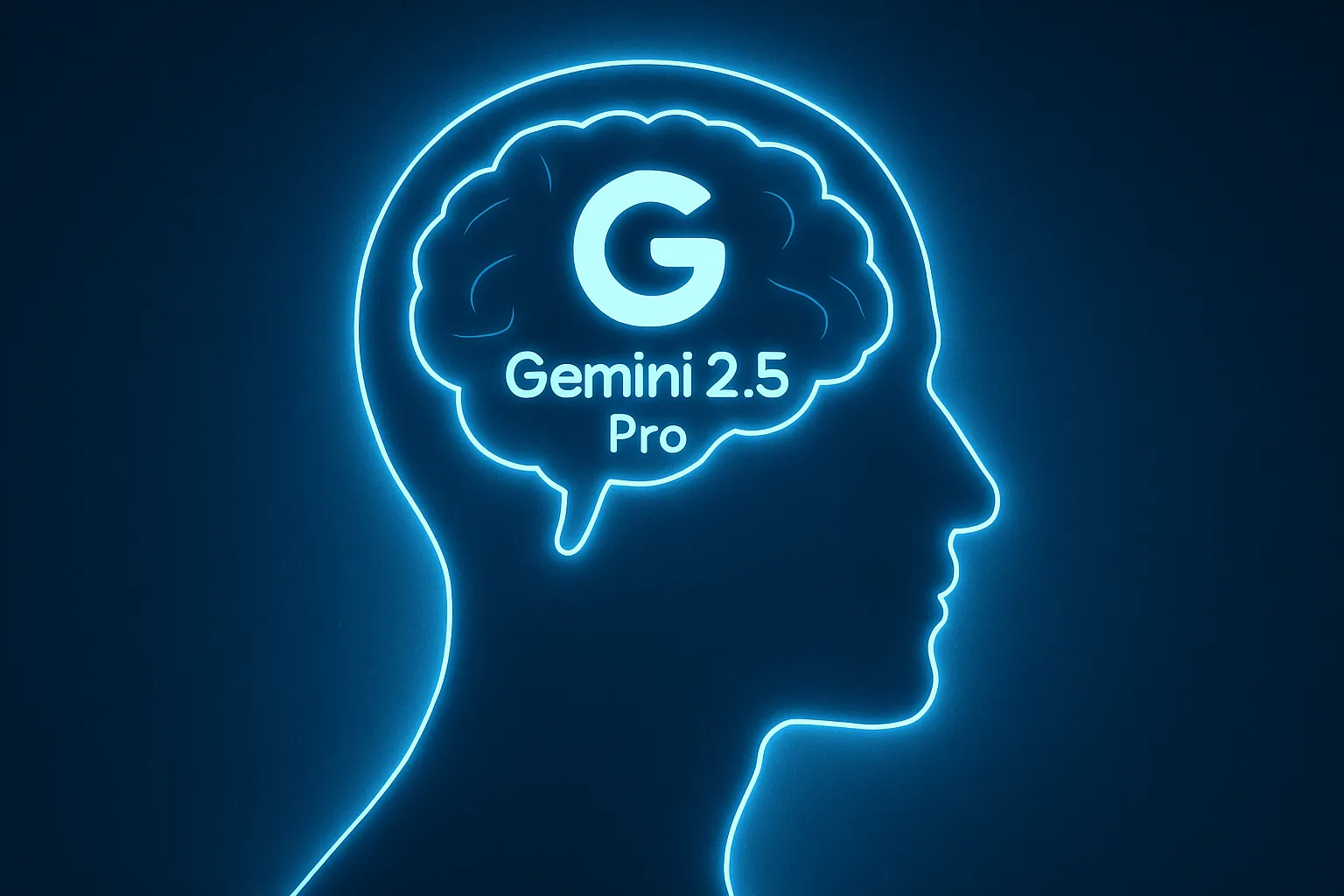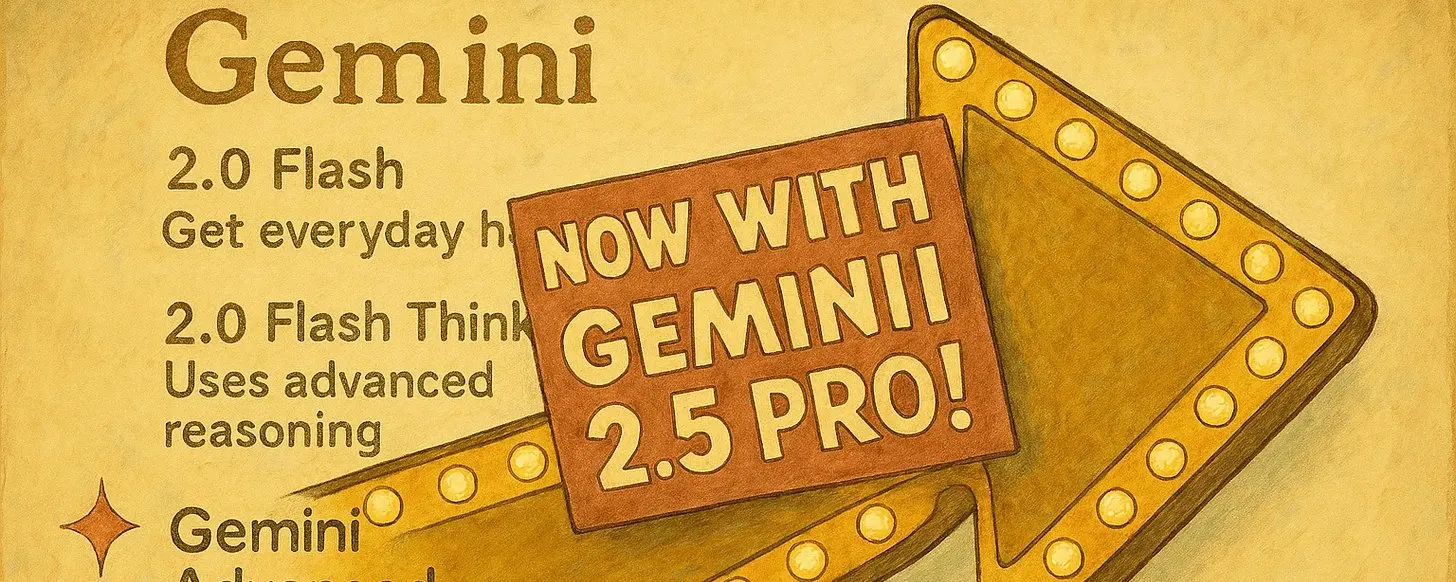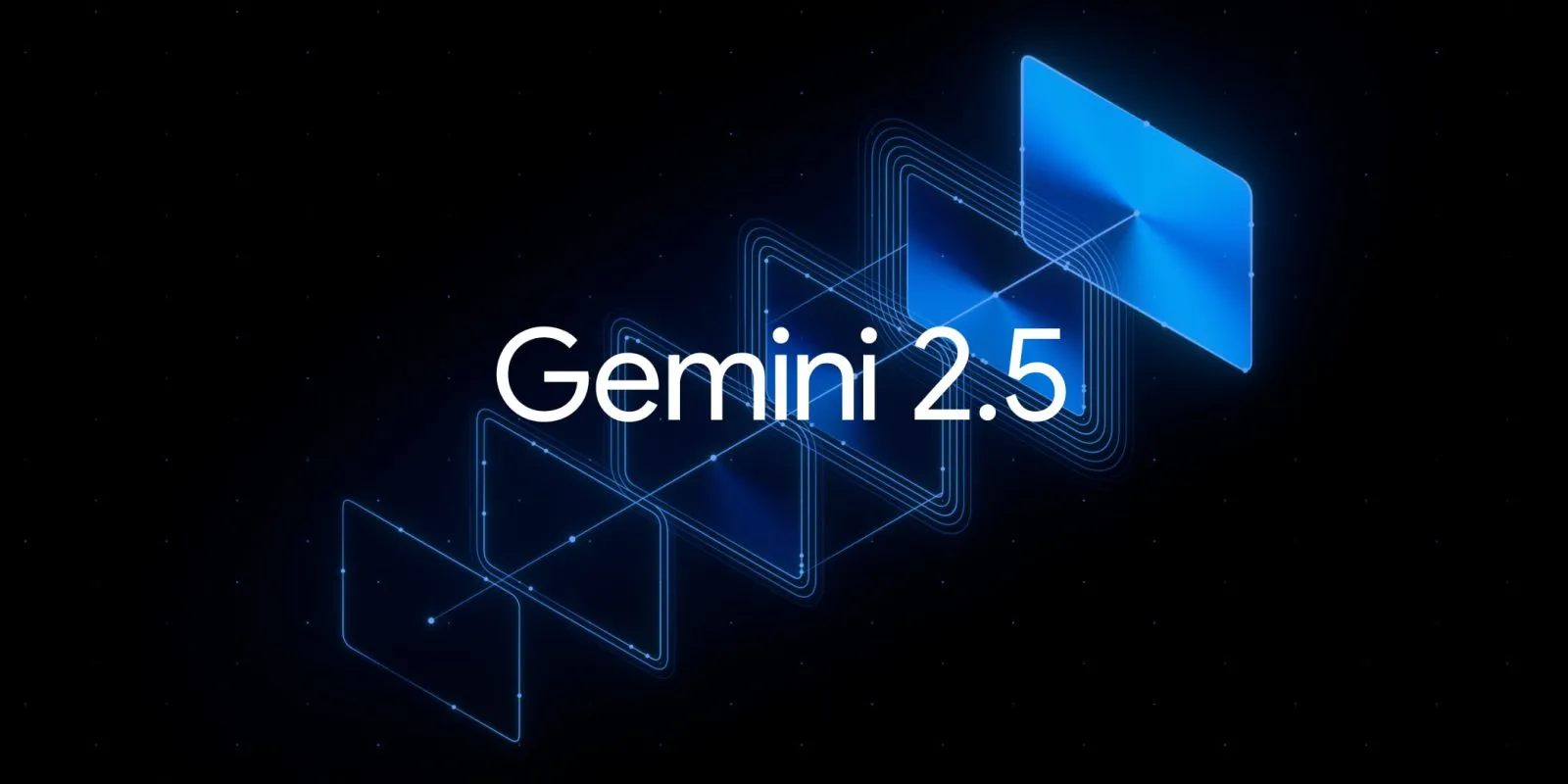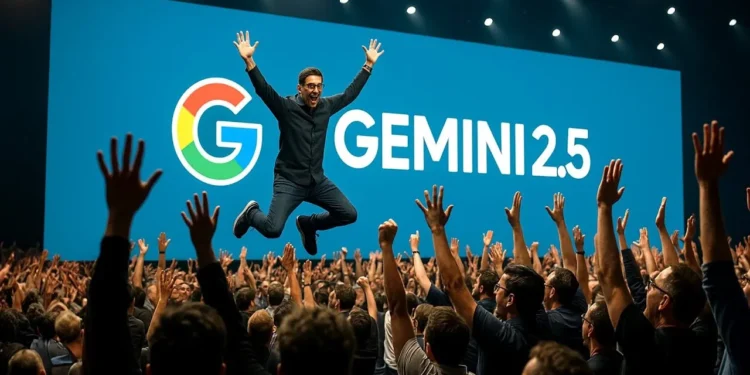Google’s relentless push into artificial intelligence has yet again bore fruit with the release of Gemini 2.5, a model they claim surpasses all competitors with its advanced reasoning capabilities. This new iteration not only refines its predecessor’s prowess but also introduces features that could redefine how we interact with AI.

The Genesis of Gemini 2.5
The journey to Gemini 2.5 began with a simple yet ambitious goal: to enhance AI’s ability to ‘think’ and process information in a more human-like manner. According to Google, the previous models were adept, but the latest version takes a significant leap forward by incorporating a “significantly enhanced base model with improved post-training” that boosts overall performance.
Gemini 2.5 Pro experimental, the first release under this new update, reportedly leads its rivals—including giants like OpenAI and DeepSeek—on several AI benchmarks. These benchmarks test various capabilities such as understanding, mathematics, coding, and more, placing Gemini at the forefront of AI technology.
A Multimodal Marvel
What sets Gemini 2.5 apart is its ability to handle not just text but a wide array of inputs including audio, still images, video, and code. This native multimodality is a game-changer, allowing the AI to deliver richer, more nuanced interactions. Google plans to expand this capability with an upcoming 2 million token context window, which promises to further enhance the model’s ability to process vast amounts of data.

Demis Hassabis, CEO of Google DeepMind, praised the new model’s performance, stating, “Gemini 2.5 Pro is an awesome state-of-the-art model, no.1 on LMArena by a whopping +39 ELO points, with significant improvements across the board in multimodal reasoning, coding & STEM.”
The Power of Reasoning
At the heart of Gemini 2.5’s success is its refined reasoning process. Unlike its predecessors, which processed tasks in a more linear fashion, Gemini 2.5 pauses to ‘think’, much like a human would when solving complex problems. This step-by-step reasoning reportedly leads to more accurate and relevant responses, particularly for complex prompts.
This was vividly demonstrated in a demo where Gemini 2.5 Pro was tasked with programming a video game based solely on a single prompt. The results, according to Google, were not just effective but remarkably creative, showcasing the model’s ability to understand and implement complex instructions.

Looking Ahead
As Google continues to integrate these advanced reasoning capabilities into all of its AI models, the potential for more sophisticated, context-aware agents becomes increasingly tangible. This could have far-reaching effects across various industries, from tech to entertainment, and even everyday interactions with technology.
The promise of AI like Gemini 2.5 is not just in performing tasks but in transforming how we conceive of interaction with machines. With its latest update, Google not only sets a new benchmark in AI but also challenges our expectations of what machines can do. As we move forward, the line between human and machine capabilities continues to blur, leading us into a future where AI’s potential is limited only by our imagination.









